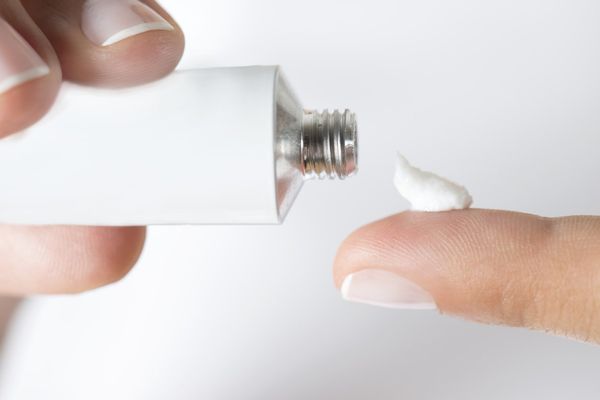If you feel like your feet are dragging through the mud and you can barely summon the energy to move, it may be time to look at the possible culprits so you can finally find a way to fight your fatigue.
Sure, the hormone fluctuations of menopause can zap you. So can a late night, a bad night's sleep, a cold, the flu or some other health condition. But if you're well-rested and otherwise healthy—yet still fatigued—here are some options to consider.
- The culprit: Your sweet tooth is on overdrive. It's not just the obvious, like candy, that is delivering a big dose of sugar: It's also found in refined carbohydrates, like white bread, pasta, cereal and chips. Your body is quick to absorb this type of simple sugar, causing a dip in blood sugar levels. What follows? A feeling of sudden fatigue. Learn more about Signs You Have a Sugar Addiction. The cure: Eat a balanced diet. Focus on unrefined carbohydrates and proteins, plus healthy fats and oils, veggies and whole grains.
- The culprit: Lack of exercise. It may sound counterintuitive. After all, how can you exercise if you're too tired to move? But you are more likely to feel like a slug when you're sluggish. The cure: For a short-term energy boost, fit in a workout. Studies support the fact that once you start moving around, the more you'll want to move. Even if it's just getting up off the couch and doing a few laps around said couch, you'll feel energized. Of course, regular, low-intensity exercise is even better, increasing energy while decreasing fatigue, according to University of Georgia researchers.
- The culprit: Stress. For a multitude of reasons, stress often goes hand-in-hand with menopause. Hormonal changes, bothersome symptoms, interrupted sleep, family and personal issues. If you can get through them unscathed, our hats are off to you. But if you can't, then stress will mess with your energy levels by putting you into the "fight-or-flight" mode, which in turn, activates all sorts of chemicals in your body to prime you for survival. But then … boom. You're exhausted from all that effort. The cure: Try some self-care. Tried-and-true remedies like deep breathing, meditation, yoga, tai-chi or other exercise help manage stress. A hot bath also works wonders (add some lavender for an extra dose of relaxation). Also, remember to set limits and not take on more than you can handle. ("No" is a complete sentence, after all.) And go out and meet a good friend for coffee—but don't drink too much: Caffeine can make you jittery and add to your stress.
- The culprit: Too much sitting. It may be "the new smoking," in terms of health. And it is a big energy-zapper. When you sit too long, your body starts to relax and "thinks" it's going to sleep: Muscles weaken, lungs produce less oxygen, blood flow and metabolism slow. Read more: 6 Scary Side Effects of Sitting. The cure: Get up. It may sound obvious, but if you're used to being sedentary, you may need a reminder or a timer. If you have a desk job (or sit and binge for hours on end on Netflix), get up every 30 minutes and move around (you might want to consider some leg lifts, bicep curls or crunches while you're at it). Rather than sitting to put on your makeup or dry your hair, beautify while standing up. Pace back and forth while talking on the phone, and trade in your desk chair or couch for a stability ball, which forces you to engage your legs and core.
- The culprit: Not drinking enough water. Dehydration puts stress on all your body's major systems, leading to fatigue. As we age, it's easier to become dehydrated due to a weakened thirst mechanism. But it's not just age that might turn you off of water: Menopause could be causing more frequent urination (because your vagina and urethra lose some elasticity), making you afraid to drink too much. The cure: Drink up. There's no hard truth to the eight-glasses-a-day rule, but you'll know you're drinking enough when your urine has a light color to it. If water is not your thing, remember that coffee, tea and foods count (especially high in water content are apples, cucumbers, watermelon, strawberries, lettuce, cantaloupe and peaches). Flavoring your water with fresh fruit (or cucumber slices) can make it more palatable. Find out what are the top 10 hydrating foods.
From Your Site Articles
- Dealing With Rage During the Perimenopause Transition and Beyond ›
- Menopause and Anxiety: What's The Connection? ›
- Almost Half the World Will Go Through Menopause. Let’s Talk About It. ›
- A Surprising Way to Fight Fatigue ›
- Menopausal and Feeling Forgetful? Brain Fog Might Be to Blame ›
Related Articles Around the Web







